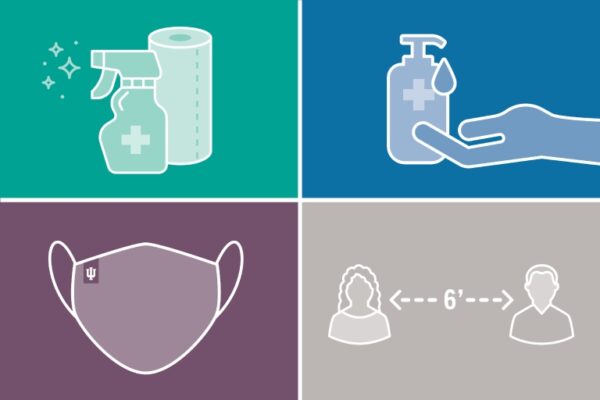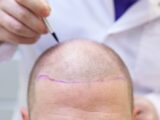
Safety Precautions During COVID-19 Pandemic Every ENT Should Know
September 15, 2020The ear, nose, and throat specialists are prone to contact with high-velocity aerosols from the mouth and nose of the infected persons. Therefore, increasing their chances of infection with COVID-19. The facilities and tools available for management and protection against COVID-19 are not readily available. However, one must be creative about how the ENT specialists go about safely with their routine work. Let us find out.
Screening Protocols to promote ENT safety precautions
Every patient should undergo mandatory screening at the entry to the hospital. Patients who show symptoms of COVID-19 should be separated and directed to the COVID-19 clinic where the attendants are protected with PPE. All patients should observe the required hand washing and sanitizing practices, have their masks, and practice proper social distancing. Consultation rooms should have adequate air circulation, and the attendants must wear the appropriate PPE. Any follow up after treatment should be done over the phone as much as possible. After the screening, depending on the symptoms a patient. They can be directed to the ENT section without a general practitioner’s preliminary diagnosis.
Recommended PPE for ENT Specialists
To enhance ENT COVID precautions, The ENT consultants should wear improved personal protective equipment. The recommended PPE for an ENT specialist in surgery includes a liquid-resistant surgical mask and appropriate cover for the eyes (standard glasses are not adequate). Others are single-use cap, gloves, and gown. All other ENT personnel who are not involved in surgery should always also be in proper PPE. Since the PPE are in limited supply, it is crucial to limit the number of patients visiting the hospital and only perform unavoidable procedures.
How can the Day to Day Work Plan Enhance ENT Safety Precautions?
The healthcare system is experiencing a surge in the number of patients requiring medical attention during the pandemic. It is crucial to prioritize whom to attend to, when, where, and the limit of procedures to carry out. In determining the day to day operations, the following guidelines apply:
- Each team on call should have a leader who is relieved of the typical duties to provide timely coordination with other departments.
- The prioritizing surgery for ENT cases based on their level of emergency. Instances that require immediate attention include; obstruction of the airway and resuscitation.
- When taking in patients, consider the ENT staff’s availability as they could be working in other areas outside ENT.
- Insist on the use of telephones for outpatient cases.
- Plan for the eventuality that supply of required equipment, tools, drugs, and other ENT requirements may not arrive on schedule.
- Shift to treatment options that do not require surgery to minimize patient exposure to the hospital environment.
- Exploration of possibilities of working for longer hours depending on the availability of personnel.
With the limited availability of personnel, facilities, and tools in healthcare, it is practical for ENT COVID precautions to take place to reduce their chance of infection. Of importance is eliminating unnecessary hospital attendance by the public to free up the available resources by urgent medical cases.









